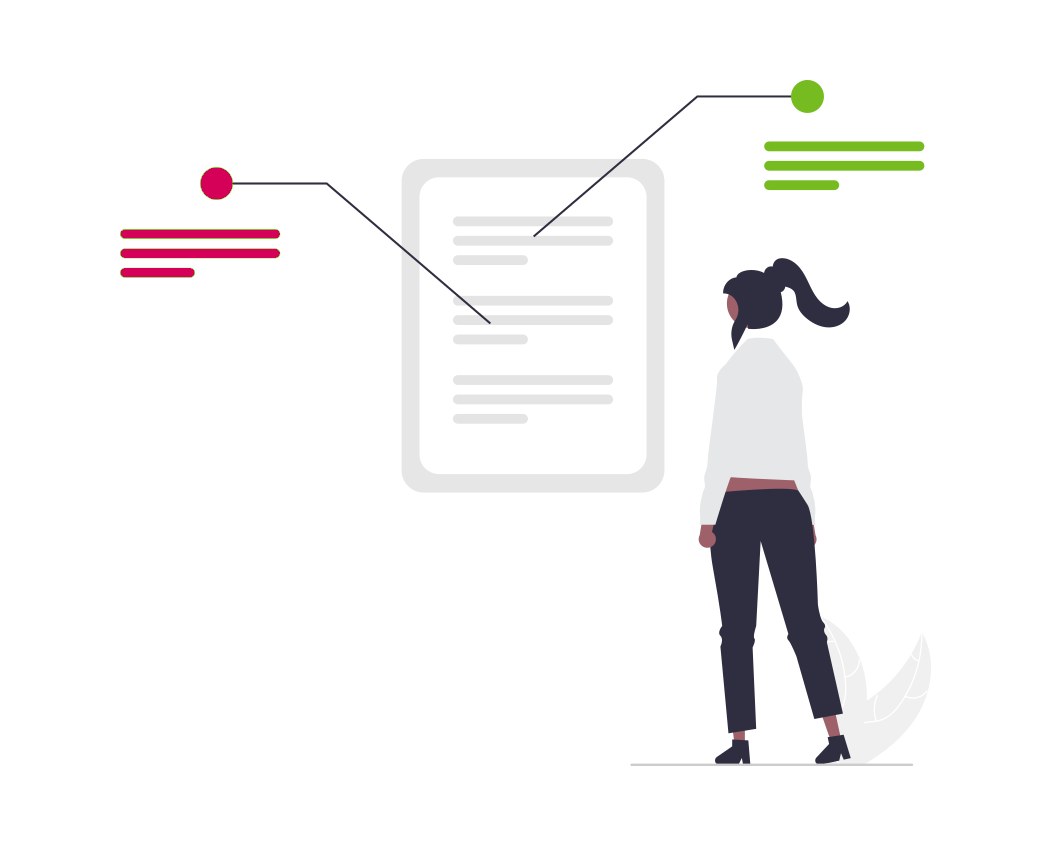Information Skills
Skills to apply, evaluate, and manage information across digital and physical environments.

Guiding Questions
- Can I use search strategies to find relevant information?
- Am I able to decide if information is current, accurate, reliable, and relevant?
- Can I organize information so that I can find it when I need it?
- Am I able to use and apply the information to meet a need or solve a problem?
- Am I able to recognize when I need to upskill?

Context Why the skills in each domain are needed for digital opportunity, defined as "the condition in which individuals and communities have the information technology capacity that is needed for full participation in the society and economy of the United States" (H.R.3684)
With the internet serving as a gateway to unlimited information access, information literacy is increasingly becoming a critical skill. According to the Pew Research Center, 9 out of 10 U.S. adults say they go on the internet daily, and 41%report using the internet almost constantly.8 In a 2022 global study, 47% of U.S. respondents said they see false or misleading information online daily, and 27% said they see it weekly.9 Yet “the largest share of respondents in the US are only somewhat confident (36%) that they can identify information as false or misleading.”10 Without information skills, these percentages will only continue to grow as people increasingly turn to social media and artificial intelligence tools for information.
Awareness What practitioners should know before teaching each domain (e.g., related topics, factors that may affect learners)
Practitioners should be aware of the following when teaching information skills:
- Misinformation/Disinformation: Certain learner populations are more likely to be the subject and/or target of misinformation (i.e., false information) and disinformation (i.e., deliberately misleading information).
- Targeted advertising: Learners should be aware of how websites present targeted advertising content to users, and that many social media platforms are designed to share information about their userbase with advertisers.
- Trust: Who and/or what learners trust as sources of information can be significantly influenced by their intersecting identities and experiences.
- Artificial intelligence: While generative artificial intelligence can be a powerful tool for accessing information and presenting it in a digestible way, learners should be aware that it can also produce inaccurate, false, incomplete, or otherwise misleading information.
Taking Action What practitioners and programs can do to be empowering when teaching each domain
Practitioners can take action to be empowering in the following ways:
Instruction and Training
I can:
- Learner from learners and identify the challenges they may face when it comes to information literacy.
- Emphasize addressing the impact of disinformation for learners who are more likely to be the subject and/or target of disinformation.
- Help learners recognize that the content they see online is often based on algorithms intended to present content of interest (including targeted advertising) based on learners’ prior online activity.
- Recognize how my learners’ intersecting identities and experiences may affect to whom or what they turn for trusted information.
- Recognize and uplift the importance and value of community/offline information sources and “people networks.”
- Understand and provide instruction on the benefits and risks of using artificial intelligence to find, organize, and evaluate information, and emphasize the importance of human verification.
Program Design
Our program:
- Emphasizes the importance of information and media literacy.
- Integrates information skills into all of our instruction or training where appropriate (beyond our digital skills instruction or training).
- Addresses misinformation/disinformation that affects our learners, whether our learners are the subject or the target.
Related Empowering Practices
See the following domains for relevant skills and related empowering practices:
Communication, Privacy and Security
Citations
8https://www.pewresearch.org/internet/2024/01/31/americans-use-of-mobile-technology-and-home-broadband
9https://www.poynter.org/wp-content/uploads/2022/08/A-Global-Study-on-Information-Literacy-1.pdf (p. 18)
10https://www.poynter.org/wp-content/uploads/2022/08/A-Global-Study-on-Information-Literacy-1.pdf (p. 37)





